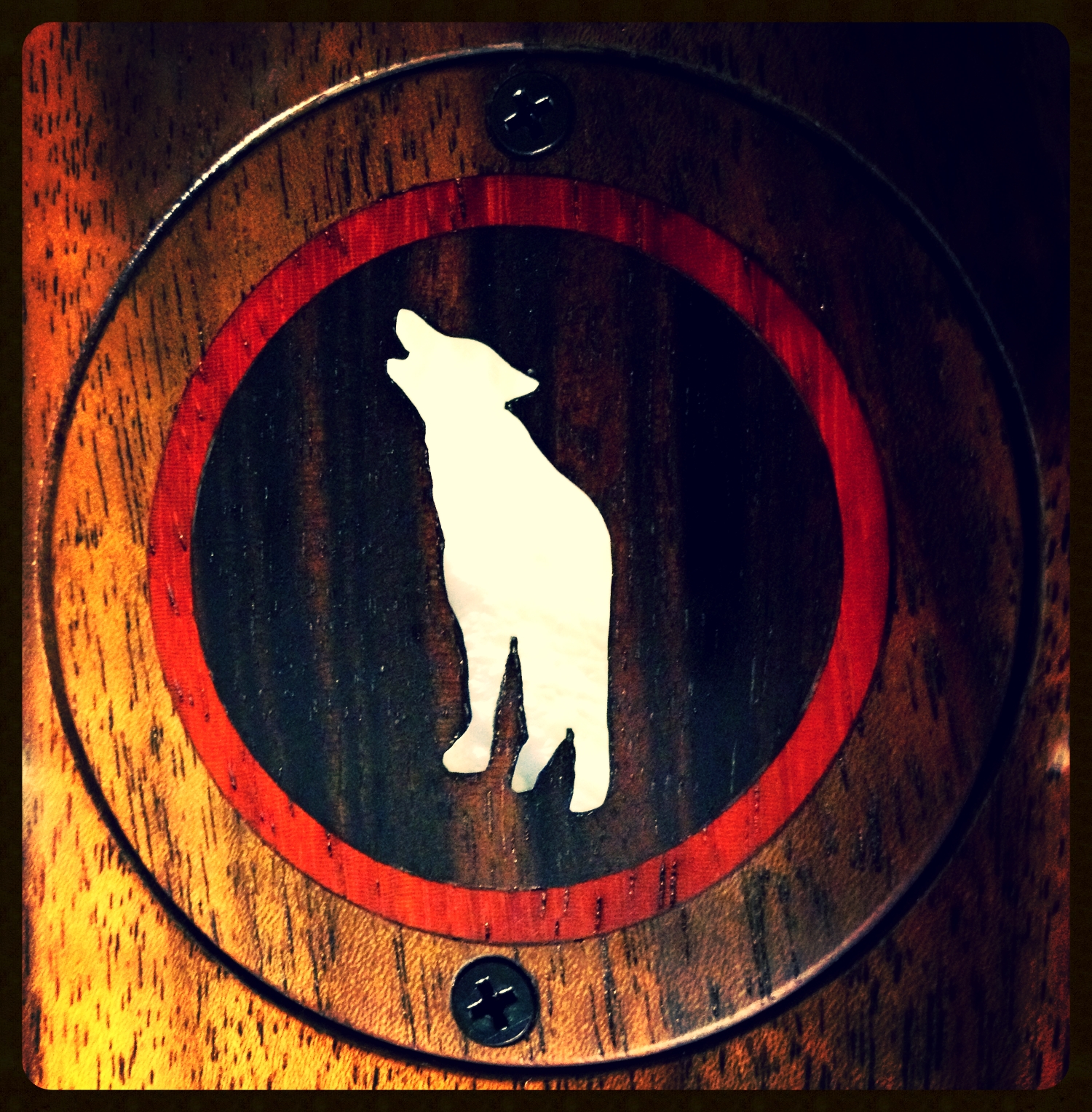

Guitar Care
Guitar Care
A few tips on MAINTAINING your Instruments…..
The importance of maintaining your instrument cannot be overstated. It's only natural to want to maintain your investment. By following these pointers below, players can feel confident in the care and feeding of their guitars.
Always keep your guitar in a case when it is not being played. This small step will keep natural damaging elements out of the guitar.
Avoid extreme high or low temperatures such as the trunk of a car in the summer sun or winter snow. Keep instruments away from wood stoves or windows which receive direct sunlight.
Over drying of an instrument can lead to severe damage such as fret buzz, cracks in the soundboard, finish imperfections, loose braces and bridges, uncomfortable fret ends on the edge of the fingerboard, etc. There are many easy-to-use humidification systems on the market today. If you live in an area where the weather is dry or changes throughout the year, purchase a humidifier or keep your guitar in a climate controlled area.
Too much moisture in an instrument is much better than not, though this can still lead to some issues such as high action and a dampening of the guitar's tone. Wood is very much like a sponge: it swells when it's wet and shrinks when it's dry.
Saddle: if you live in an area such as New England where you have dramatic changes to the climate throughout the year, it may be a good idea to have a summer and winter saddle for your instrument. Having a lower saddle for the summer months and a taller for winter is an easy way to provide maximum playability all year long.
Fingerboard/Bridge: it is also a good idea to oil your fingerboard and bridge a few times a year. Beau uses a natural lemon oil. It is important to use a natural lemon oil. Other cleaning agents such as "pledge" have harmful chemicals that can dry out the wood. Administer a few drops of lemon oil to a clean cloth and apply to the fingerboard and bridge.
There are many other situations that may arise throughout the life of your instrument. To be assured of your guitar's longevity, take your instrument to a qualified luthier at least twice a year for a check up. It's a small price to pay for your investment and will help continue your instrument's legacy.
